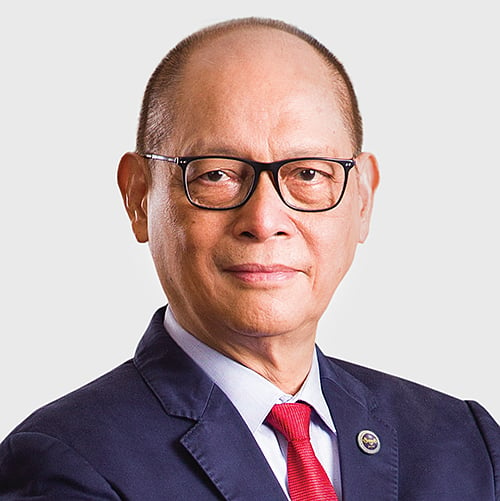While Asian corporates have begun focusing on environmental, social, and governance (ESG) initiatives many companies still lack strong plans or messaging that can be used to develop and promote them.
The importance of having a strong plan for achieving their ESG goals, as well as being able to communicate such plans to stakeholders, including governments, regulators, media, and the general public, is becoming more urgent in view of the growing focus on ESG that has been highlighted by the pandemic.
This was the consensus of experts who participated in a virtual panel discussion that also produced an accompanying study published by Sandpiper Communications and PublicAffairsAsia. The study is based on a survey of 50 communications, public affairs, investor relations and sustainability leaders across the Asia-Pacific region, undertaken during October and November of 2020.
“A key finding of the study on the state of ESG communications in Asia-Pacific is that while there is a large focus on corporate ESG activities and a growing expectation for companies to take social and environmental action, many companies lack strong plans or messaging which can be used to do so,” says Donald Kanak, chairman of the Prudential Insurance Growth Markets and the EU-Asean Business Council, who participated in the panel discussion. “Now substance matters much more than anything that can be remedied by style.”
Catherine Yeung, investment director of Fidelity International, also noted that while Asia is perceived to be behind the curve on ESG when compared with other regions and more developed markets, it is becoming more aware of the importance of ESG practices. “This growing awareness of ESG is resulting a need for more effective communication and messaging of their ESG plans and objectives among Asian corporates.”
Many communicators did not feel that their company’s sustainability plan stood out enough and were unsure of how to make it do so. This is reflective of communicators’ lack of knowledge and, according to the study, will create trouble for them when they are required to promote commitments and activities that they do not understand or of which they are unsure.
However, Asian corporates have to produce and present more precise ESG initiatives and goals that can be communicated more effectively to stakeholders, instead of the more generic ESG reports currently available.
At present, while stakeholder demand for ESG action has been increasing, Asians currently think of their ESG goals and commitments in terms of silos and structures instead of using a collaborative or team-approach within their organizations.
Companies need to ensure that ownership, understanding and responsibility for developing, delivering and communicating sustainability and ESG commitments is shared across their organizations, the study recommends.
According to Winnie Tan, head of sustainability and chief executive for Asean and Southeast Asia at Standard Chartered, the United Nations’ sustainable development goals (SDGs) and the Paris climate agreement, can help as starting points for companies seeking to more accurately define goals and share progress.
Tan points out: “These frameworks, especially the SDGs, help eliminate confusion for communicators and assist in responding to the demand for more ESG action from companies.”









